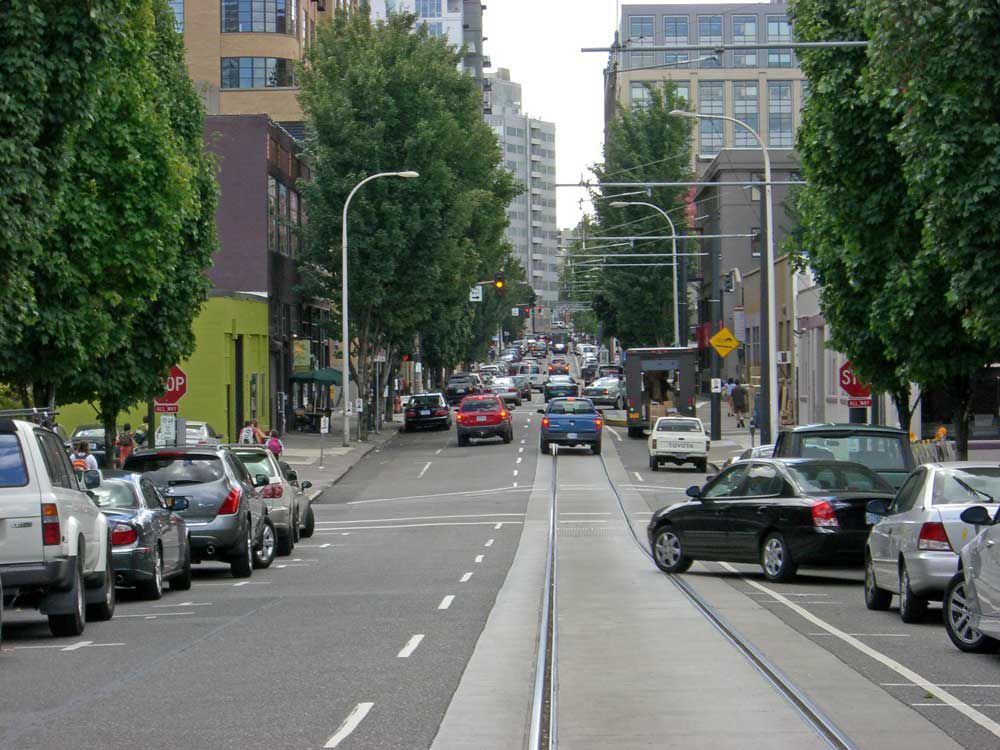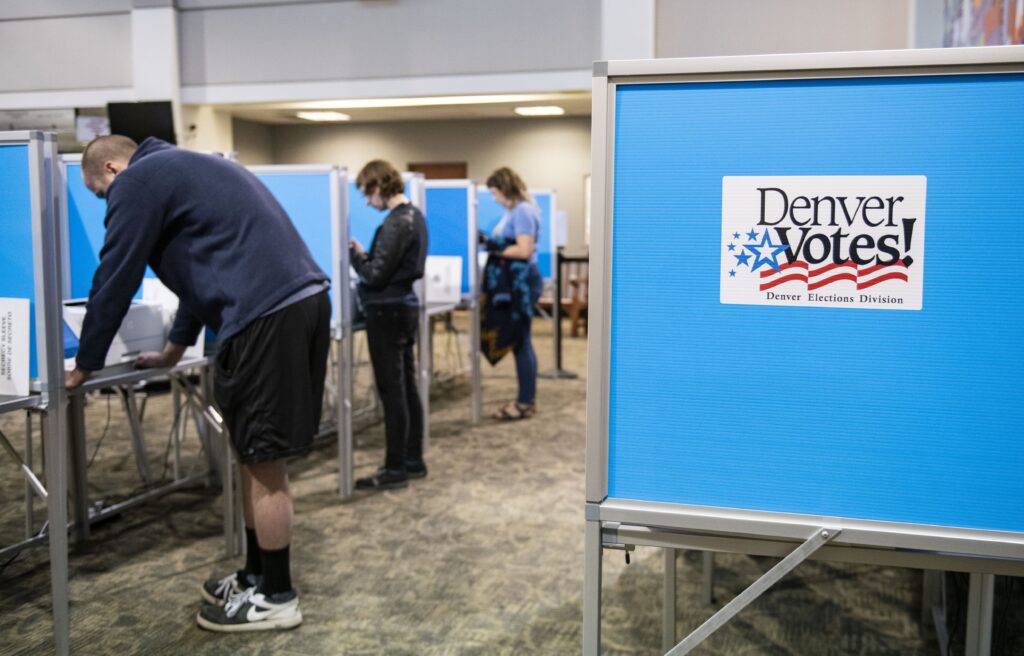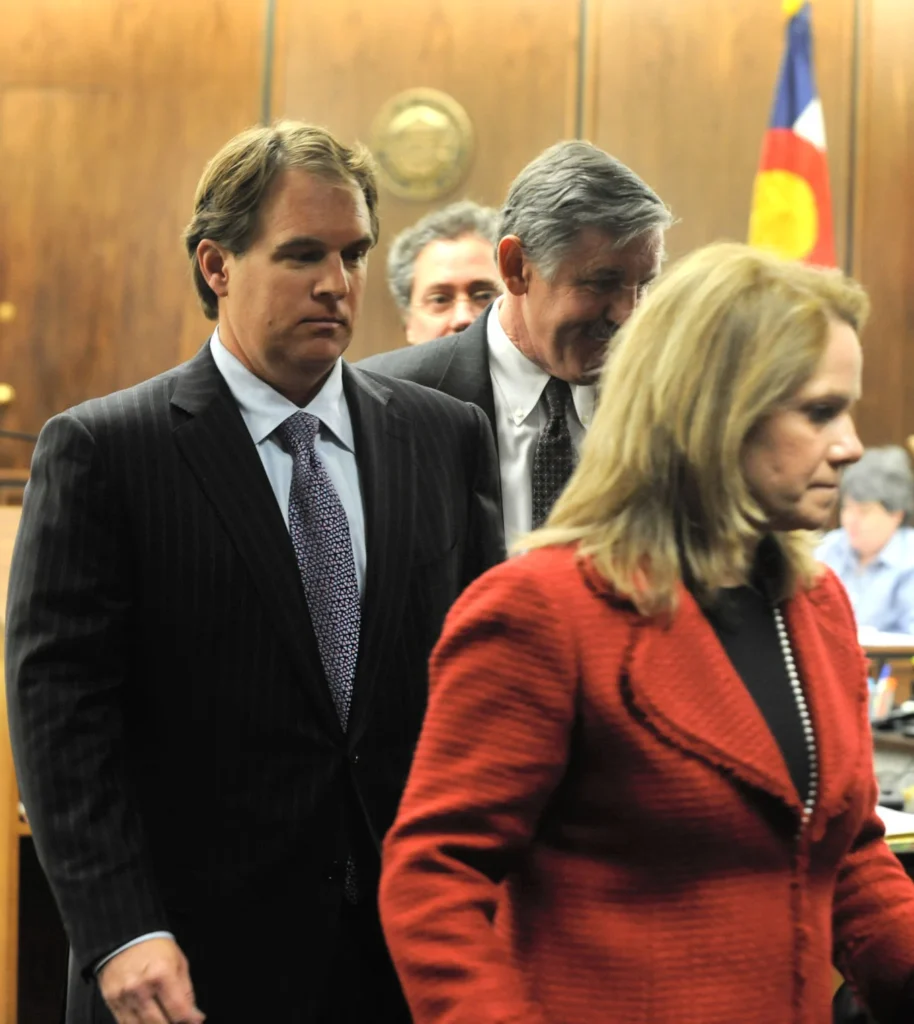Getting philosophical on growth, parking

Growth and parking, parking and growth. When you get one, you need the other. There’s probably no doubt the two issues go hand-in-hand anytime a new development project is proposed.
That was readily apparent at the Monday, Aug. 22, Denver City Council meeting, where council approved two moratoriums on limited types of development projects until the city zoning code can be changed to address unintended issues.
One moratorium – slated to last seven months – deals with small lot parking exemptions. In Denver, zone lots in mixed-use commercial districts that are 6,250 square feet or smaller and existed as of June 25, 2010, are exempt from off-street parking requirements, regardless of the development capacity or uses.
The intent of the small lot parking exemption is to encourage investment in small properties and the adaptive reuse of buildings. But 11 recent projects proposing to put multifamily, micro-units on adjacent small lots without any parking at all generated concern from neighbors and led to council action.
Projects with complete and accepted applications for a site development plan concept review before Aug. 25 are not subject to the moratorium.
The second moratorium applies to “garden court” building forms, introduced in the Denver Zoning Code in 2010 and used for multi-unit residential development where dwelling entrances are oriented around a common, central open space, instead of oriented toward the street. Concerns from residents about designs of garden court form buildings also prompted this council action. Three projects already in the city process will be allowed to continue through the 12-month-long moratorium, if they meet current zone conditions.
Lengthy discussion, especially related to the small lot parking exemption moratorium, by many council members gave some insight into their thinking regarding the growth of Denver and how to help residents and visitors find that ever-elusive and rare parking space.
Councilman Paul Kashmann, District 6:
“Some people say we’re on the cusp of a world with no parking, but I think that cusp is really a lot wider than people believe. We still need to make reasonable accommodation for autos. That said, I feel this moratorium is essential because it’s a complex discussion and while we don’t want to necessarily encourage auto ownership, we also don’t want to encourage the development of over 100 units of housing on one block with no parking. We need to talk about reasonable reductions and look at the numbers to try to reach a middle ground, but to do nothing makes no sense. … We are in dire need of not just mini-housing, but for 2-, 3-, and 4-bedroom, affordable housing units. … The whole idea behind this is what do we want Denver to look like? What do we want Denver to be? Right now, we’re a city of about 682,000 and we’ll be at 700,000 soon. What’s Denver’s ultimate population? Is it 900,000, is it four million? That discussion is critical, because if we decide on four million, we’d better start mowing down our Victorian houses and build more of these boxes. If we decide that character and architecture are important, that there are limits to density, then we have a different discussion. … Do we want to become a zenith of all modern cities and on the cutting edge, or is there a middle ground? … We need to hold ourselves and our development community to a higher standard of conscience to build the city we want.”
Councilman Wayne New, District 10:
“All discussions about any type of commercial or small lot zoning are really all about transit. If people don’t need their cars and they want a good public transit system to get around, I think we’re still 5-6 years away. So there’s nothing wrong with taking a little time out to study this …”
“It’s like a joke when there are no gardens or courts in these projects. Too many of them lacked space for landscaping. … We need to mesh the character of the neighborhood with the density to help improve the quality of life for everyone. Let’s do it right and make sure they’re attractive with good landscaping.”
Councilwoman Debbie Ortega, At-Large:
“I remember we toured some micro-houses five or six years ago at a conference in Seattle (Washington) and were told then that people who lived in these units did not have cars. When we met the residents, we found out they did have cars but had no parking, so they were challenged to find parking on a daily basis. We also found out their neighbors really did not want them parking on their block and it created a problem. … Our Blueprint Denver plan identified where our city wanted to see growth happen and it was in our commercial corridors and (transit-oriented development) sites. And we’re seeing that happen. But we also see neighborhoods that have been traditional, single-family homes that the plan said we should protect as stable neighborhoods and target growth to the edges of those neighborhoods. Now, many of our neighborhoods are changing drastically. Now we have duplexes take up entire lots and the older buildings are gone. … Micro units are not the answer for family housing. Some of those Seattle micro-units were 200 square feet and rented for $700 a month. I’ve heard some units here in Denver are in the $1,000 a month ballpark. Are they truly affordable for a family? At that price point, they’re really not available in our market today, but they are still part of the solution to housing.”
“I want to stress that these two moratoriums will not stop all development in the city. And we do have other sites that are ready and zoned for high-density housing. … We had 20,000 apartment units built throughout the metro area last year, but the issue is we have 10,000 people move to Denver each year and it’s created a huge demand and pressure on housing. … Part of what makes Denver a great city is the great neighborhoods we have and when we start to change the fabric of those neighborhoods, that’s why we see the residents come out and ask for help.”
Councilman Jolon Clark, District 7:
“I think what we have in place now is a work-around, a way of cheating and finding a place to put something that wasn’t our intent. … If it’s something that’s good for Denver, then we should go in with our eyes wide open and intentionally say we’re going to carve out a parking moratorium. That’s not what we did. With growth, we’re seeing we can’t build enough parking or enough new lanes for single occupancy vehicles. We need to create real options for mobility and the infrastructure that gives all our residents the freedom of choice when it comes to mobility … Some of the projects we’re talking about here are for 54 households, with another 54 households next to it. Another project is 17 units on Pearl Street, which is already stretched for parking and we have small, local businesses that risk being choked out. Meanwhile, we have huge in-fill sites available, like the (former) Gates (Tire Co.) site and the Broadway Marketplace where we could build housing with transit nearby. … We’re seeing something like 40 new people move in to Denver every day and to think that none of them drive a car, go skiing or go home for Thanksgiving dinner is unrealistic. I don’t buy it. It is irresponsible for those building these types of projects and put so much as risk for so many to even be considering these projects. Personally, I wish we could have tightened the pipeline more aggressively and said this is not what we intended. … What’s happening is we’re all paying for that and I don’t buy it. I don’t believe it.”
Councilwoman Robin Kniech, At-Large:
“We don’t have as much high-frequency bus service as we need to truly offer good mass transit. But there are choices today. There’s the Bustang (the Colorado Department of Transportation’s bus service from the Front Range to some mountain ski resorts) and they’re in the process of expanding that. … Our metro region does have urban growth boundaries as a voluntary agreement between all the counties, so we can’t sprawl over every square inch of green space. Our golden goose is really our open space and our mountain views and if we build on every available space outside Denver, the thing that made many of us love living here is diminished. And it’s also expensive to just sprawl into every open space. … The idea that we can continue our trend of planning for single cars is not a realistic scenario. I have a real fear and concern that no projects are allowed without parking. Seventeen units next to a transit station might not need parking. If we adopt a policy to never, ever build a building without parking, we’re not paving the way toward compromise and I can’t support that solution. … There are places, strategies and opportunities where we can do this. We need more work to make them known and accessible. So I strongly favor this moratorium, but we need to do it with compassion and thoughtfulness, to be broader in our thinking and realize it’s not just residential but commercial projects, too.”
Councilman Christopher Herndon, District 8:
“I don’t want to say we should always say we want parking built with every project. But I take some comfort in that this gives us seven months, although I would certainly question it if another extension request comes forward. … I don’t believe my 15-month-old son will ever have a driver’s license. Technology moves so fast, the world he will live in will be so ridiculously different than the one I grew up in.”
Councilman Paul López, District 3 :
I don’t think there will be any time in our lifetimes when we won’t have to drive cars. All’s fine and dandy when you’re getting around on a bike, until you have a kid get sick in the winter. If you’re our working class or poor in this city, you’re not gonna call your neighbor when that happens. You’ll jump into your beat-up car and cruise over to the hospital. … Sometimes we become kind of enamored of ourselves to the point of forgetting it’s not just about creating a class city, it’s also the maintainers of our city. People who build buildings, pick up your plate and serve you, that build new roads, that’s what Denver is for, too. We have to build for the end situation, not just what’s popular and trendy now…. As we build these 2- and 3-bedroom units we need so badly and desperately, let’s not rush it in our denser areas. … Denver is a city for everybody, especially those who maintain it. We don’t want them to leave because then Denver dies when that happens.”
Councilman Albus Brooks, District 9:
“It was our neighbors that championed this. When we hear that people in Denver don’t think they’re being heard and there’s so much divisiveness in the city, I want to recognize it was the Humboldt and Curtis Park neighborhoods that met with me and had language for this moratorium. Way to organize and show public engagement with this city works and it matters. Now it’s time to have meaningful discussion of what the future of our city will be like and I’m sure it will be incredibly impactful. And I want to say that I sold my car for a year when I ran for council and it was really hard. I have a car now. … We need to have a larger conversation about the choices we make in this city and I don’t want that to be lost in all this.”
Councilwoman Kendra Black, District 4:
“I think the developers followed the rules the city had, so it’s unfair to accuse them of being unethical. And I think it can be dangerous that we might set a precedent if all of us up here start rewriting the zoning code. … We have a severe housing shortage in Denver with low supply and high demand, so rents are high. But we also still have resistance to more housing projects.”
Councilman Rafael Espinoza, District 1:
“This moratorium is vital to give our truly capable but overburdened (Community Planning and Development Department) time to come up with appropriate standards to capture the real intent of this form. We need to ensure we’re not creating a problem over and over in neighborhood after neighborhood while we make changes to the garden court form. … You don’t leave the water running while you try to fix a pipe. This moratorium is a temporary shutoff to fix a problem. When it’s corrected and implemented to the form, it will allow improved outcomes.”













